HPE launches ‘world’s first’ solar-powered supercomputer Hikari to solve Zika virus
Nearly a third of total power used by supercomputer supplied by renewable energy sources
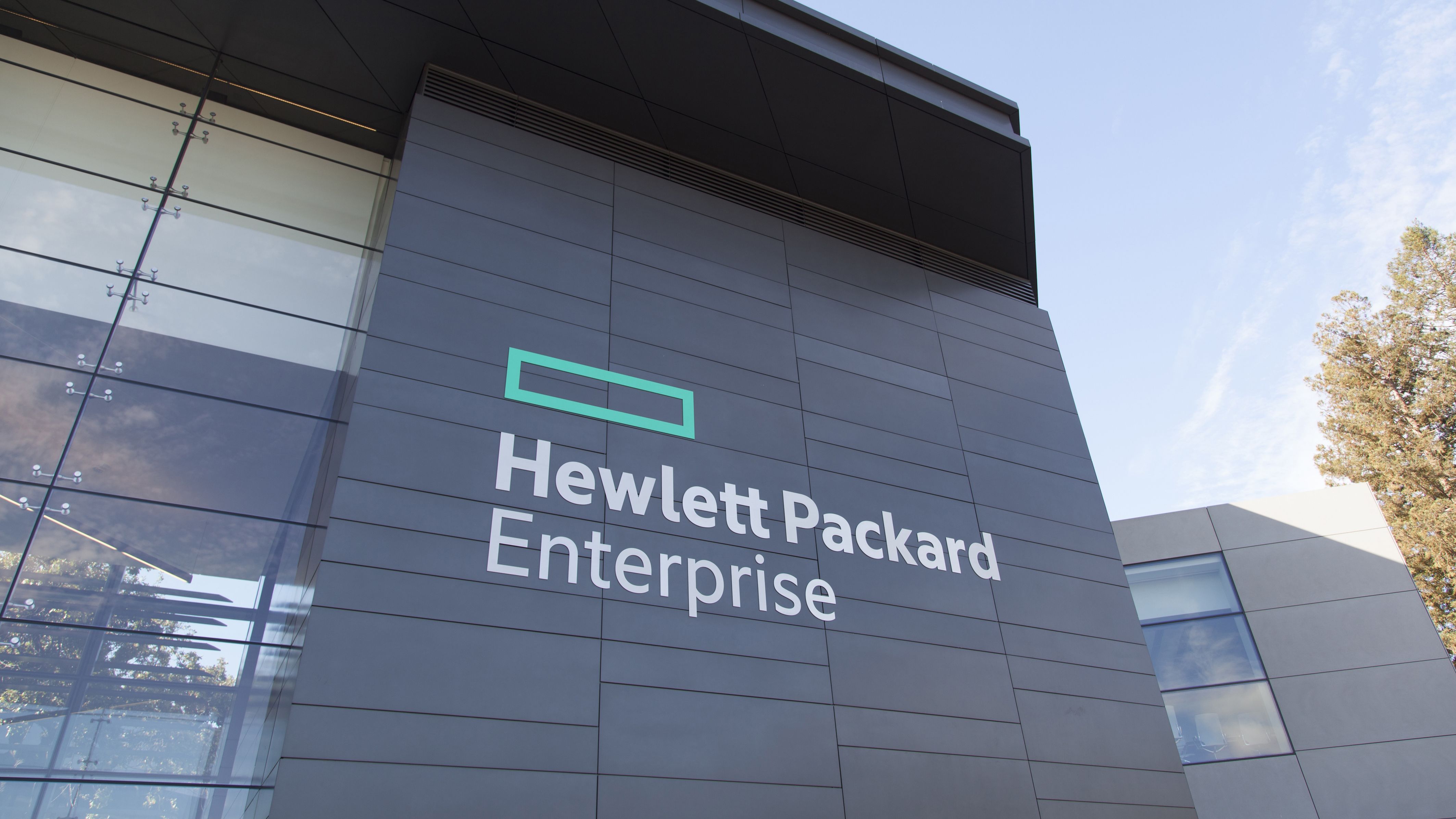
Hewlett Packard Enterprise (HPE) has joined forces with Texas Advanced Computing Center (TACC) to build what it claims is the world's first solar-powered supercomputer, dubbed Hikari.
HPE said that the computer is currently being used to calculate biology applications' in a bid to help solve the Zika virus crisis.
HPE claimed that it teamed with TAAC, as well as the New Energy and Industrial Technology Development Organization (NEDO) and NTT Facilities to ensure that Hikari did not require the huge amount of energy that traditional supercomputers usually require.
Nic Dube, chief technologist for high-performance computing at HPE suggested that Hikari is built using solar panels which are wired directly to the computer, meaning that it runs "on free energy, in the most efficient and sustainable way".
Traditional supercomputers produce a huge amount of heat, and the companies decided to use the Apollo 8000 warm water cooling system, which eliminates the need for Computer Room Air Handlers (CRAH). HPE claimed that this reduced the amount of cooling energy that would normally be required.
Dube explained that during the day, energy produced by the solar system feeds straight into the computer, while at night, when the photovoltaic array does not create energy, the Apollo system switched to an AC-based grid.
The supercomputer runs on about 200,000 watts of DC power, and its other components include DC battery systems, DC air-conditioning, DC lighting, DC supply and solar panels.
Get the ITPro daily newsletter
Sign up today and you will receive a free copy of our Future Focus 2025 report - the leading guidance on AI, cybersecurity and other IT challenges as per 700+ senior executives
HPE claimed that since the Hikari team launched the measurement phase at the end of August, more than 30% of the total power used by supercomputer was supplied by renewable energy sources.
Dan Stanzione, executive director of the Texas Advanced Computing Center has called on other companies to switch from using AC power to DC power in servers, adding that HPE had embraced the idea of investigating and exploring alternative technologies.
"Without their partnership, we could never have built one of the world's greenest supercomputers," he said.
Picture Credit: HPE
-
 Cleo attack victim list grows as Hertz confirms customer data stolen
Cleo attack victim list grows as Hertz confirms customer data stolenNews Hertz has confirmed it suffered a data breach as a result of the Cleo zero-day vulnerability in late 2024, with the car rental giant warning that customer data was stolen.
By Ross Kelly
-
 Lateral moves in tech: Why leaders should support employee mobility
Lateral moves in tech: Why leaders should support employee mobilityIn-depth Encouraging staff to switch roles can have long-term benefits for skills in the tech sector
By Keri Allan
-
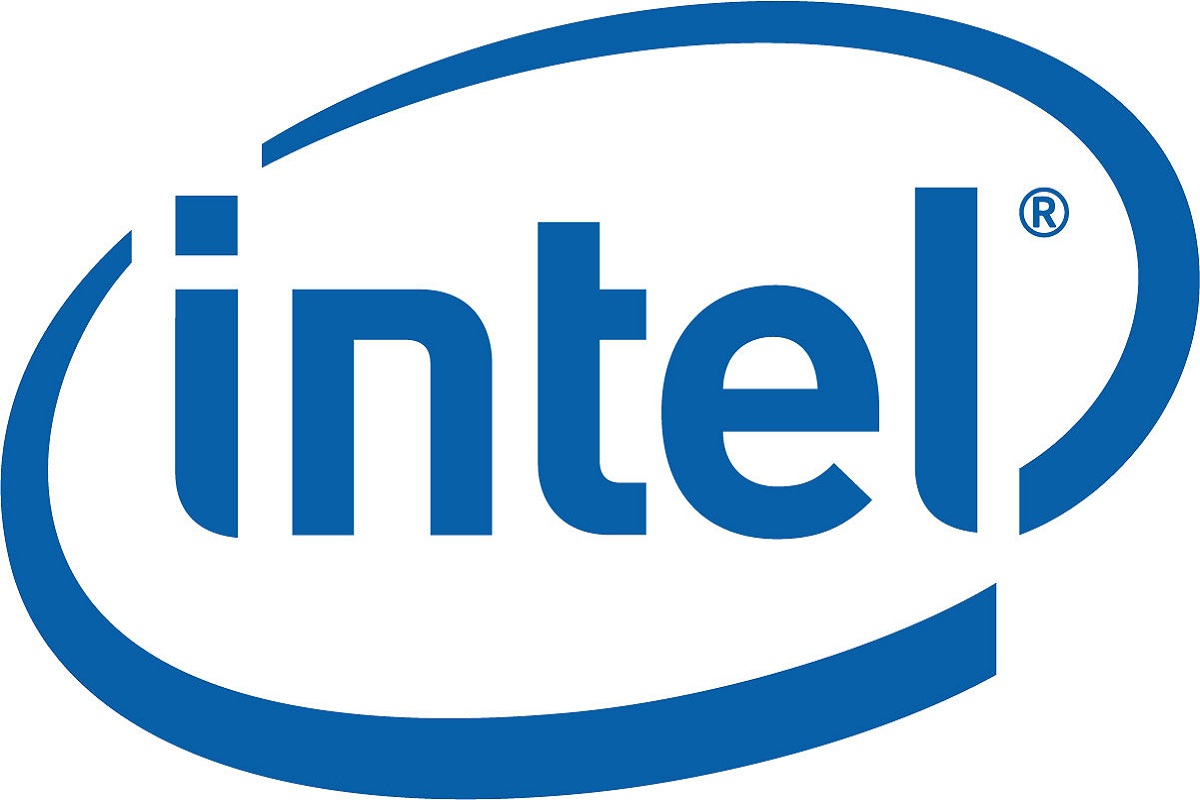 Intel confirms Altera purchase: What happens next?
Intel confirms Altera purchase: What happens next?Analysis The acquisition will enable Intel to integrate Altera's FPGA products to meet customers' IoT and data centre needs
By Rene Millman
-
 ARM unveils mbed OS for Internet of Things
ARM unveils mbed OS for Internet of ThingsNews Free OS could help developers speed up IoT products and devices, it is hoped
By Rene Millman
-
 AMD buys into cloud server market with SeaMicro
AMD buys into cloud server market with SeaMicroNews The acquisition of SeaMicro will give the chip manufacturer a clear entrance into the cloud.
By Jennifer Scott
-
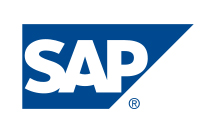 SAP splashes £2.18bn on SuccessFactors
SAP splashes £2.18bn on SuccessFactorsNews The firm boosts their business software with the inclusion of Human Capital Management.
By Jennifer Scott
-
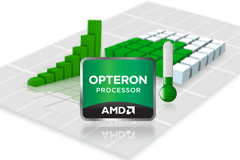 AMD launches 16-core chips for cloudy goodness
AMD launches 16-core chips for cloudy goodnessNews The 16-core chips should benefit cloud users looking for scalability and efficiency.
By Tom Brewster
-
 Fujitsu returns to UK supercomputing
Fujitsu returns to UK supercomputingNews The HPC Wales project gets a boost as Fujitsu signs up to provide the initiative's distributed grid.
By Tom Brewster
-
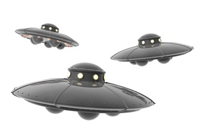 SETI boosted by nVidia CUDA tech
SETI boosted by nVidia CUDA techNews Nvidia's latest CUDA powered graphics chips helping hunt aliens - in real-life rather than in games.
By Benny Har-Even
-
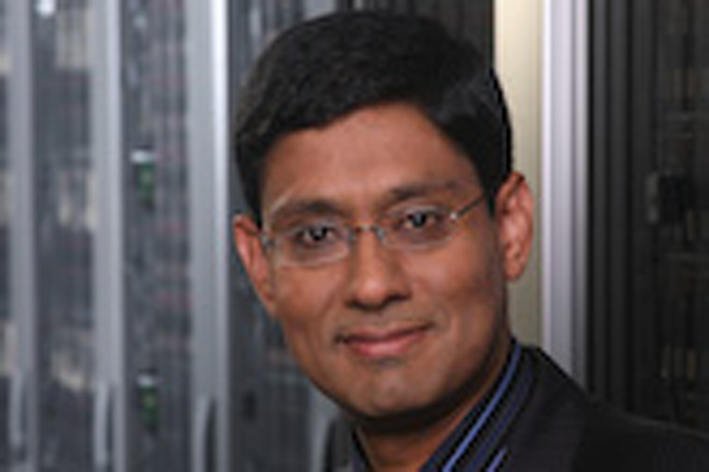 Q&A: HP Labs’ Prith Banerjee
Q&A: HP Labs’ Prith BanerjeeIn-depth The director of HP Labs is looking to sharpen the focus of his researchers in the hopes of creating products, not just papers.
By Mary Branscombe